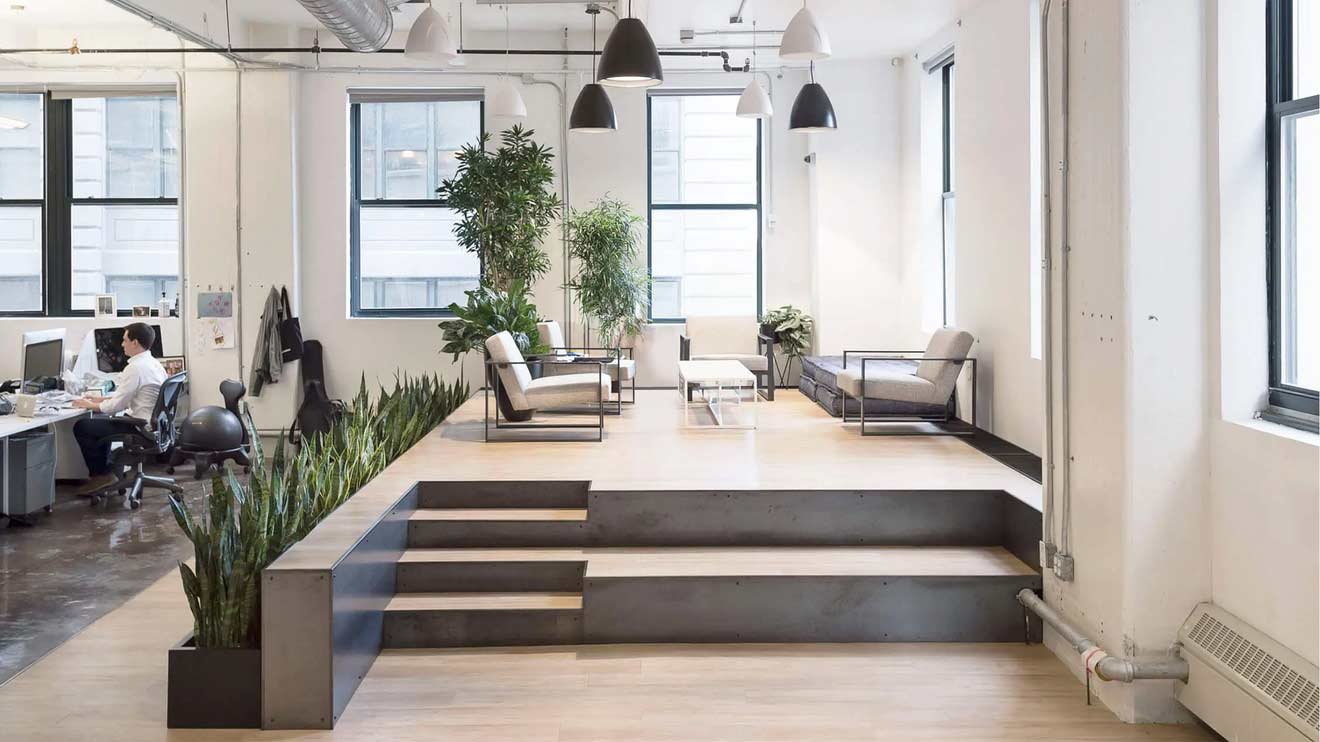
TWA On Connection
Cities are reflections of human aspiration - dynamic, complex, vibrant, and diverse. Yet, in their density, a paradox emerges: proximity alone does not support a sense of belonging. Urban life promises connection, yet too often creates distance. Digital networks continue to expand, but genuine human interaction becomes increasingly rare.
Architecture holds the power to bridge this gap. It can shape the spaces between us - spaces of encounter, dialogue, and coexistence. At its highest potential, architecture is not simply the construction of buildings, but the creation of frameworks for meaningful exchange. It can ease urban loneliness, promote engagement, and spark authentic social connection.
The essential question for architecture today is not only "How will we live?" but "How will we connect?" How can buildings promote social engagement and contribute to stronger, more connected communities? How can spaces not only accommodate life, but actively enrich it - socially, culturally, and emotionally?
We believe architecture can - and must - offer clear answers. Thoughtfully designed environments, from distinctive interiors to active public spaces, can invite conversation, encourage connection, and support mental and emotional well-being. By consciously arranging spaces, we as architects can create conditions for spontaneous interaction, personal exchange, and collective belonging.
An aesthetically refined building that fails to fulfill its social responsibilities remains incomplete. Iconic architecture without meaningful human connection is a missed opportunity. Architecture must go beyond the visual - it must actively support, host, and inspire its communities.
At TWA, we pursue this potential in every project. We design spaces that respond not just to form, but to human needs, ambitions, and dreams. Places where people feel connected - spatially, culturally, and personally. Our goal is to create architecture that embodies the possibility and optimism inherent in the simple, yet profound question:
How will we connect?

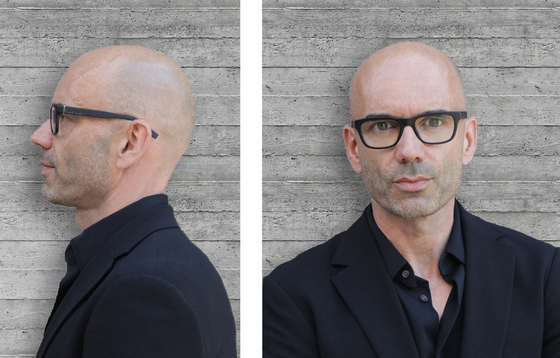
Tom Winter
R.A. Principal Architect
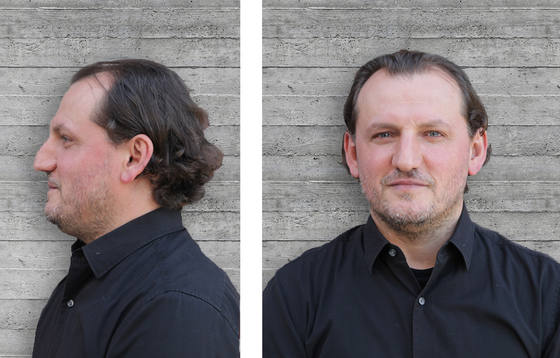
Mentor Noci
Senior Associate
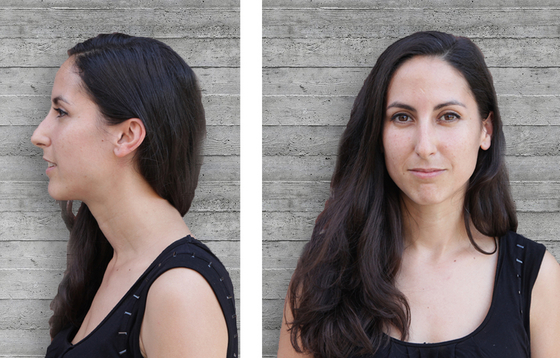
Irene Galvez
Senior Architect
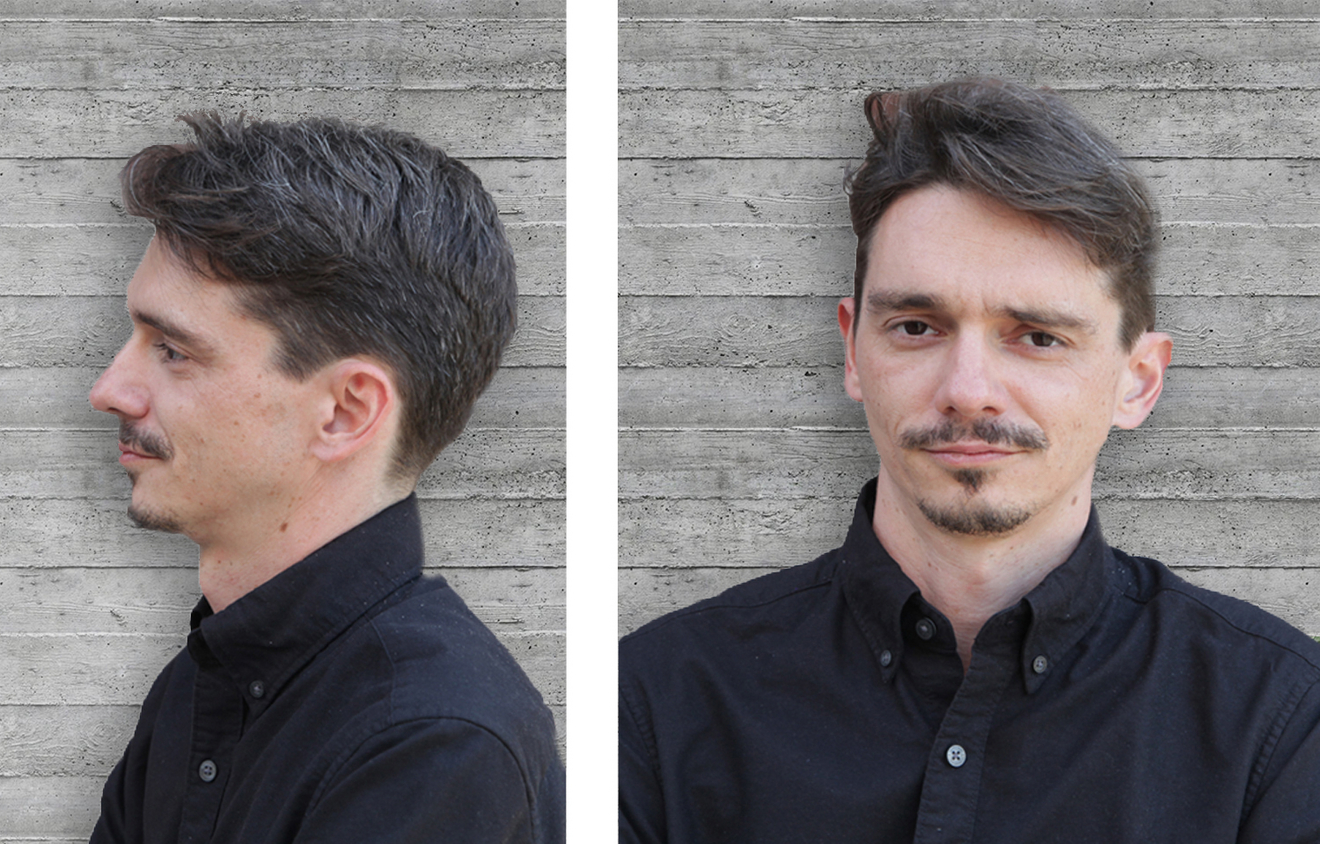
Christopher Pounds
Project Architect
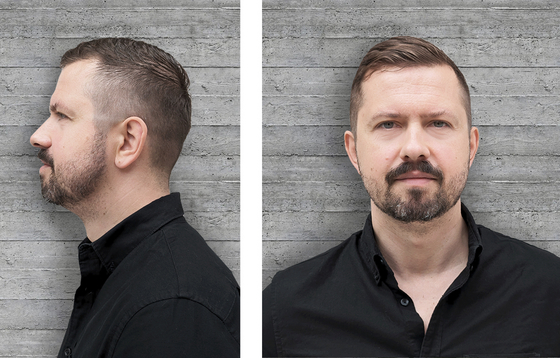
Greg Hajdo
Senior Architect
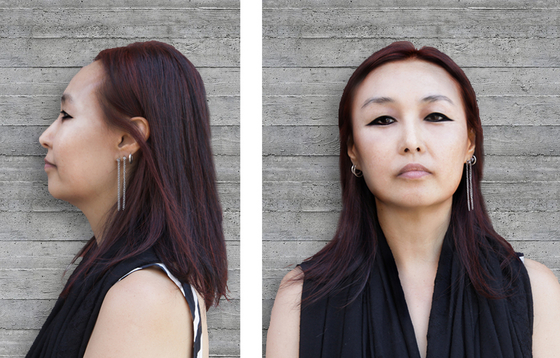
Eunmee Hong
Project Architect
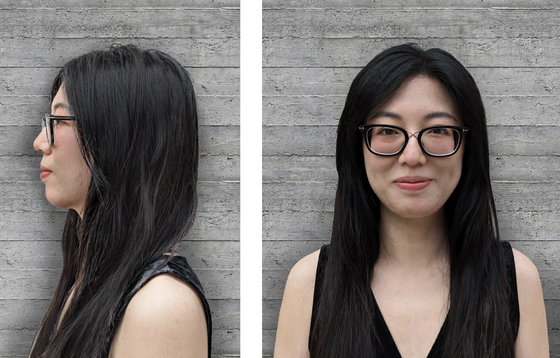
JunHui Li
Project Architect
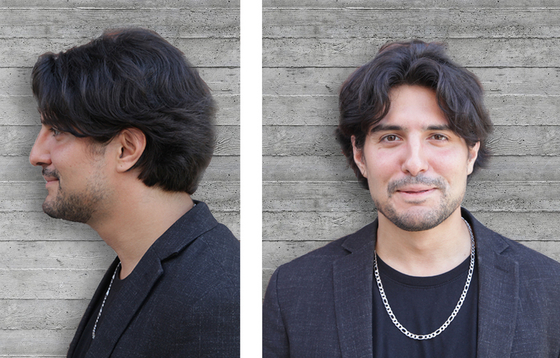
Christopher Parra
Project Architect
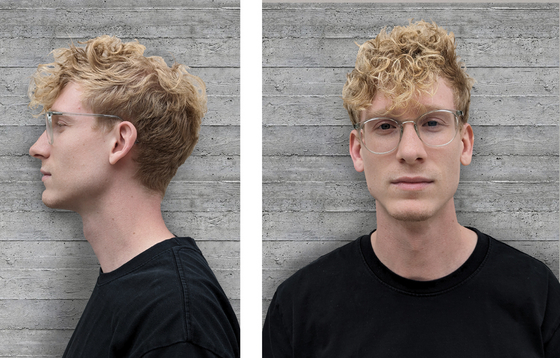
Leo Loewen
Project Architect
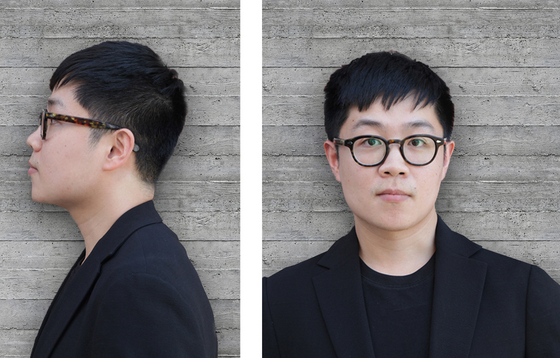
Ben Shuai
Designer
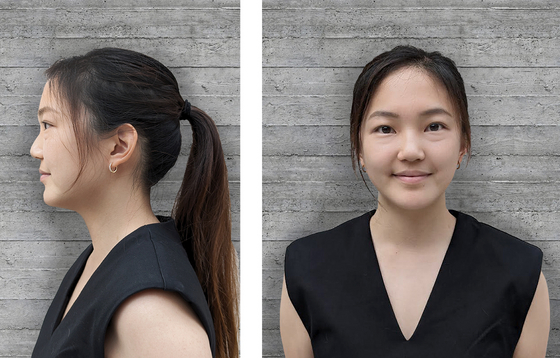
Coco Wang
Project Architect
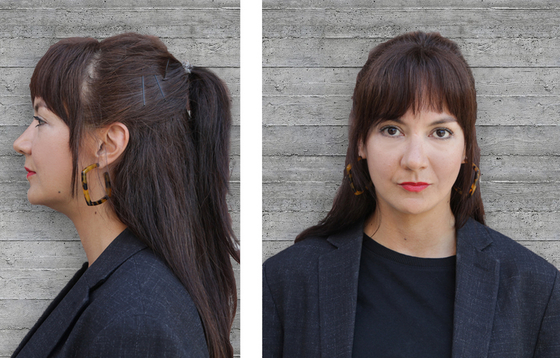
Andrea Isaza
Office Manager